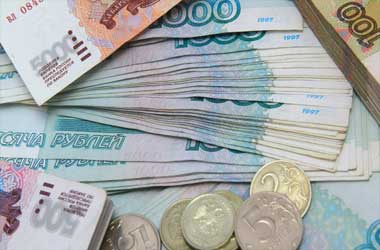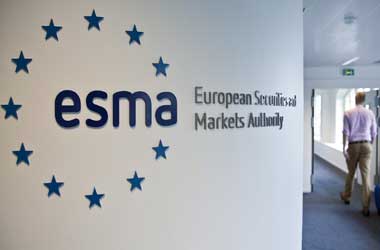 The central bank of Russia maintained its benchmark interest rate at 4.25% Friday, freezing its monetary easing policy for the time being as inflation rises and the country stares at new sanctions. The central bank of Russia, however, hinted that a rate cut is still likely by the end of this year.
The central bank of Russia maintained its benchmark interest rate at 4.25% Friday, freezing its monetary easing policy for the time being as inflation rises and the country stares at new sanctions. The central bank of Russia, however, hinted that a rate cut is still likely by the end of this year.
The decision to maintain the benchmark interest rate at historically low level was in accordance with a Reuters survey that predicted the country to leave the lending cost unaltered, following the depreciation of ruble due to fast changing geopolitical scenario.
“If the situation develops in line with the baseline forecast, the Bank of Russia will consider the necessity of further key rate reduction at its upcoming meetings.”
Low cost of lending aid revival of economic activity, but can also boost inflation and turn the ruble susceptible to outside jolts. The bank stated “The recent reduction in the key rate will continue to support the economy this and next year.”
Anticipations for the central bank to retain the benchmark interest rate increased after the ruble fell to six month low against the greenback. Earlier this month, the ruble fell to its four year low levels against the euro dollar.
Following the announcement of interest rate decision, the ruble was trading at 75.06 against the greenback, almost unchanged from the level before the announcement. The ruble also held its forte against the euro and the pound at 88.89 and 97.48, respectively.
Households and companies anticipate further rise in inflation, as per info provided by the central bank. The yearly inflation remains near 3.7%, slightly below the central bank’s target of 4%. The next monetary policy meeting is scheduled for October 23.
According to Dmitry Polevoy, chief of investment at Locko Investment, opined that the central bank’s statement indicates that a rate cut of 25 basis points is likely in October or December meeting.
Analysts at Capital Economics, who had forecast the central bank to slash the benchmark rate in September meeting, now anticipates the rate to remain unaltered at 4.25% until the end of this year.
However, the analysts anticipate a decline in the rate to 3.50% by the end of next year.
The country’s economy contracted 4.3% y-o-y in August, slightly better than the downwardly amended 4.7% decline in the earlier month.
Industrial activity contracted by 7.2% in August, following a 8% decline in the earlier month. Construction decreased 0.6%, compared with negative 0.2% growth last month.
The economy shrank 3.6% in the first eight months of the year.
The country’s unemployment increased to 6.4% in August, from 6.3% in the prior month and missed the forecasts for a decline in the unemployment rate to 6.2%.
The reported figure reflects the highest jobless rate since March 2012 as the Covid-19 pandemic continues to have a negative impact on the labor market.
The number of jobless individuals rose by 77,000 m-o-m to 4.808 million. The number of registered unemployed individuals increased 333,000 to 3.644 million.
Nevertheless, real wages increased 2.3% y-o-y in July, up from a 0.6% growth in the earlier month and surpassing economists’ estimates for a 0.1% gain.
Average nominal wages rose by 5.7% to Rub 49,844, while yearly inflation was 3.4%.



